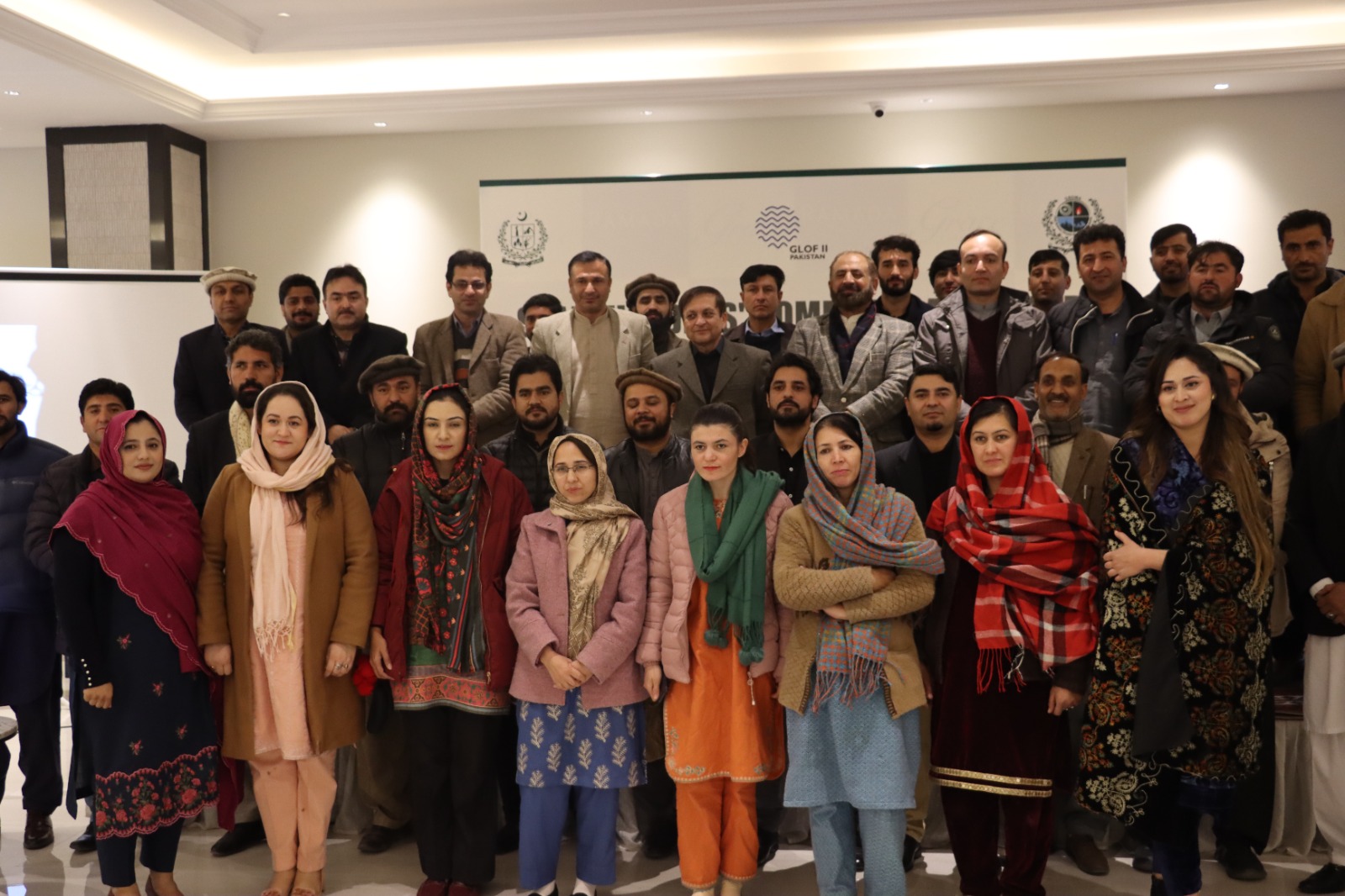By: Marina Mazhar
I am Marina-Mazhar, a dedicated BS student majoring in English literature and linguistics at Karakorum International University, with a passion for writing and a deep love for Shakespeare. As a quotation writer, my exploration of literature is driven by a desire to connect the classics with contemporary times. I’m reminded of the enduring challenges we face in reconciling personal identity with the external pressures that seek to define us.
“Picture a world where trust is a fragile thread, easily broken; where manipulation is a dark art, and power can be a weapon of destruction.”
So, the question that arises here is why I chose Othello’s character to shed light on societal issues. “Othello” is a play that has captivated me, and its characters hold a special place in my heart. Just because, in contemporary society, the enduring relevance of “Othello” is evident in the universality of its themes. Love, jealousy, manipulation, trust, and the abuse of power are issues that continue to permeate our lives, just as they did in the world of Shakespeare’s play.
The significance of this concise writing is to reveal the relevance between Shakespeare’s character Othello and contemporary times, exploring the timeless themes and challenges that Othello’s character embodies and how these themes relate to our society. Othello’s complexities, personal strength, and tragic flaw make him a character for the ages, and his vulnerability to manipulation, parallel the inner struggles and external pressure that individuals face in our modern world.
The complex interplay of manipulation, trust, and power are universal themes found in Shakespeare’s timeless tragedy “Othello.” Manipulation, trust, and power are exemplified in the tragic hero Othello himself. Othello’s vulnerability to manipulation, particularly by Iago, highlights the destructive and tragic consequences. Othello’s complexities, personal strengths, and tragic flaws make him a timeless character. As this writing progresses, we explore the complex layers of Othello’s character by examining his cultural significance, tragic downfall, and his lasting influence on literature and the human psyche.
As we see, Othello is a complex character with both admirable qualities and fatal flaws. His personality is shaped by his background as a Moor, which carries significant implications throughout the play. Similar conditions occur in our society, where people are born with admirable qualities but, over time, they become members of society and face tragic consequences due to societal pressures and suffering. Initially, Othello seems to be a noble and honorable character, respected for his military power and leadership. Othello had the power to control others, as evidenced by his ability to kill his wife Desdemona without anyone daring to raise a hand against him due to fear of punishment.
Manipulation, trust, and power are fundamental elements in human relationships and societal structures. These elements play a unique role and are often intertwined in a delicate and complex way. Trust forms the foundation of a relationship and is often the weakest link. A slight push of deceit or manipulation can easily break trust, often with tragic results. It is a weak foundation upon which interactions are built, and when trust is shattered by manipulation and power is misused, the results of these elements can be tragic, leading to shattered lives and a loss of faith. This chain highlights the need for maintaining ethical and trustworthy relationships in a world where the misuse of power and manipulation can have far-reaching and tragic effects.
The enduring relevance of Othello is not limited to the play itself but extends to the scholarly interpretations it has inspired. Several researchers, scholars, and literary critics have studied Othello’s character over centuries, such as A.C. Bradley and Harold Bloom, portraying their insights. A.C. Bradley emphasizes Othello’s inherent nobility and portrays his downfall. Famous critics, such as Thomas Neely, argue about Othello’s inability to see Desdemona as a true partner.
In conclusion, Othello’s exploration of manipulation, trust, and power remains profoundly relevant to society due to its unique ability to illuminate the intricate tapestry of human nature and the enduring challenges faced by individuals and societies in our modern world. This timeless narrative serves as a source of invaluable and profound lessons, offering us insights that can be thoughtfully applied to a multitude of aspects in contemporary life.
The enduring relevance of Othello is not confined to the pages of history; it is a mirror reflecting the complexities of our present-day society. Othello’s story, though set in a different time and place, holds up a mirror to our own world today, allowing us to recognize the shared human experiences and the timeless struggles we all confront.
In the end, my hope is that this exploration serves as a reminder of the enduring significance of Shakespeare’s works in our lives. Othello’s tale is not merely a relic from the past, but a living testament to the human condition. It invites us to engage with its themes and characters, and to draw parallels between the struggles faced by Othello and those we navigate in our own modern world. Shakespeare’s timeless narratives continue to be a source of wisdom and insight that enrich our understanding of the world and ourselves.
 Daily Mountain Gilgit Baltistan News Website News website of Daily Mountain Gilgit Baltistan
Daily Mountain Gilgit Baltistan News Website News website of Daily Mountain Gilgit Baltistan




